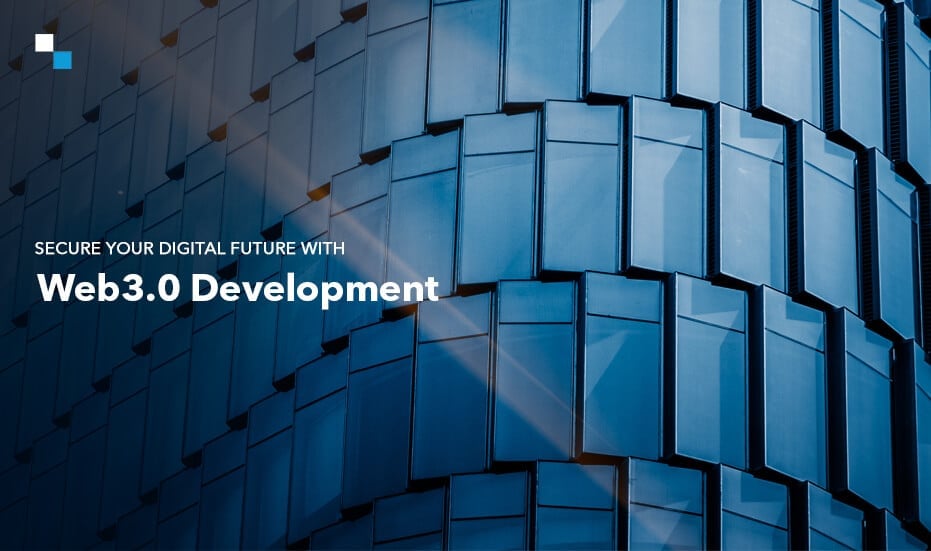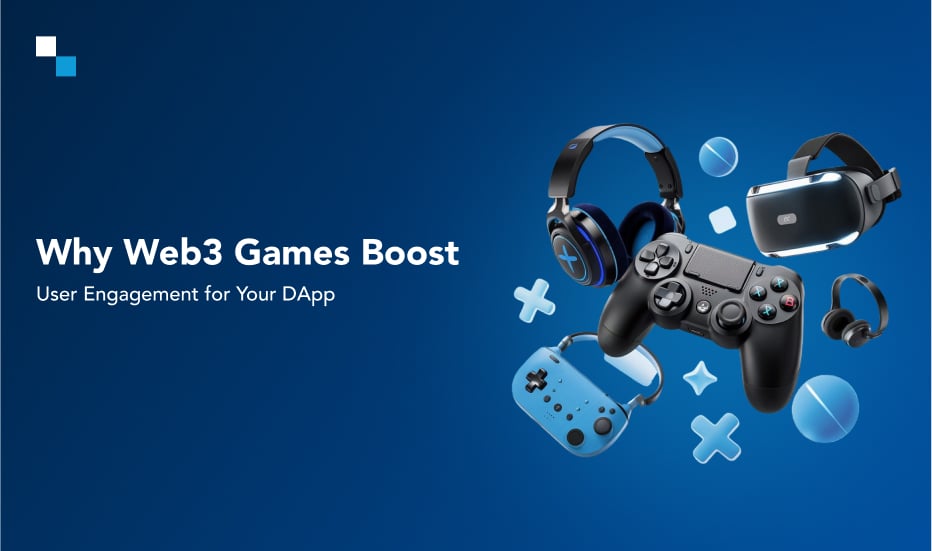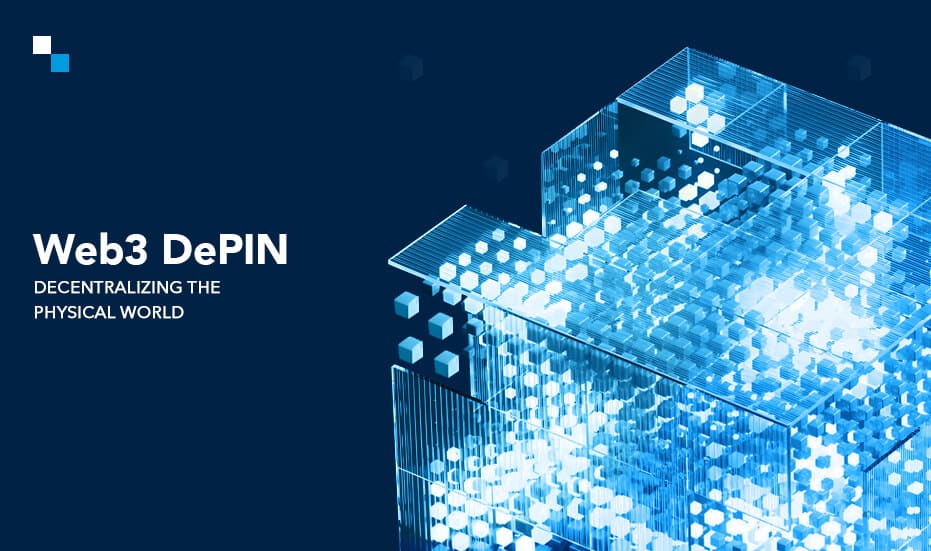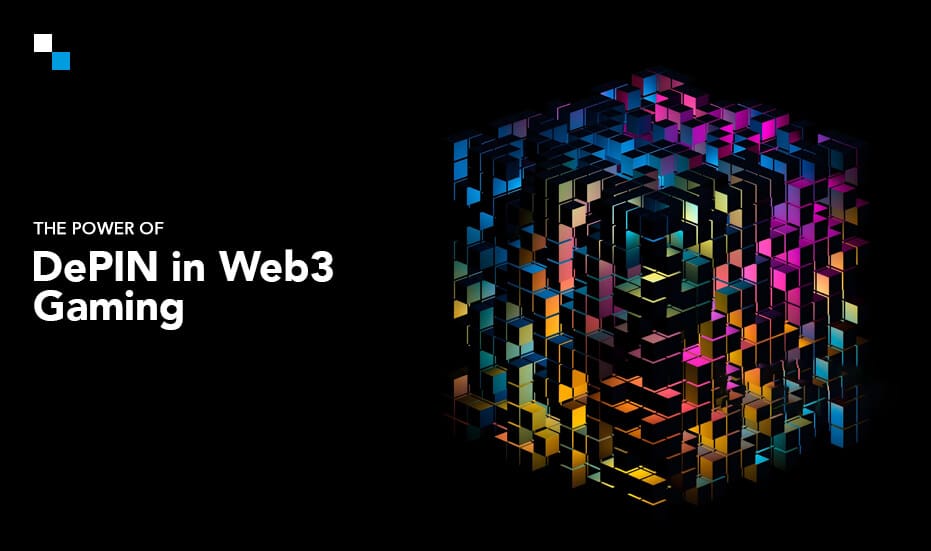In recent years, Web3.0 development has emerged as a revolutionary approach to building decentralized applications that leverage the power of blockchain technology. This new paradigm, also referred to as the decentralized web, enables a wide range of innovative use cases that have the potential to reshape industries and empower users like never before.
While Web3 development is often associated with decentralized finance DeFi and NFTs, its potential extends beyond traditional applications. Let’s explore!
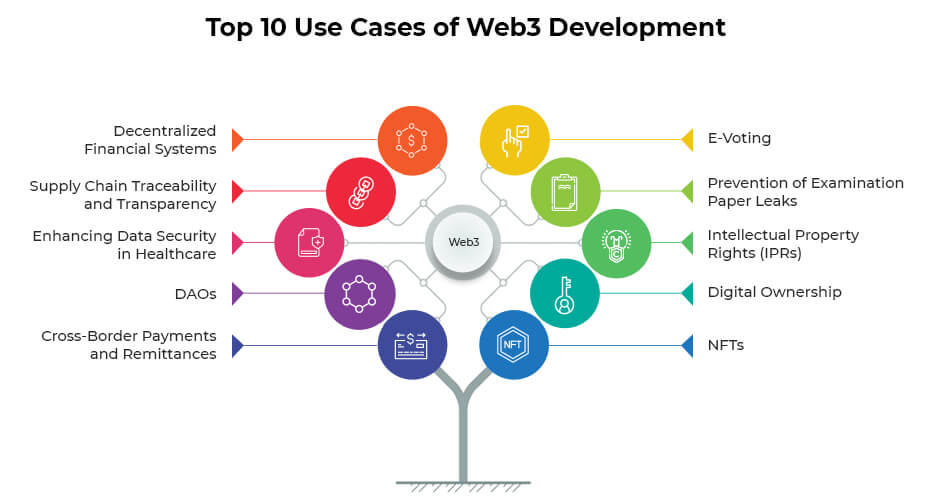
1. E-Voting
The traditional voting system is burdened with inefficiencies, vulnerability, and logistical challenges. However, a Web 3.0 developer can offer a revolutionary solution by building an e-voting platform powered by blockchain. These platforms leverage blockchain technology, ensuring transparent, tamper-proof, and secure voting processes. Voter identities can be protected and verified with decentralized networks, which nurtures trust in electoral systems. E-voting can enhance democratic practices by enabling faster results, increased participation, and convenient accessibility.
2. Prevention of Examination Paper Leaks
Examination paper leaks have plagued educational institutions for years, compromising the integrity of evaluations. The education department can opt for Web3.0 development to mitigate this issue by implementing secure decentralized systems. Examination questions and answer keys can be encrypted, preventing unauthorized access and tampering by leveraging blockchain technology. The release of examination materials can be automated, maintaining confidentiality until the designated time through smart contracts. Web3 offers reliable solutions for educational institutions to combat paper leaks, ensuring a fair and secure examination process.
3. Intellectual Property Rights (IPRs)
Protecting intellectual property has become increasingly challenging in the digital age. Web3 development offers decentralized solutions to safeguard IPRs through blockchain technology. Content creators can prove their originality by creating digital certificates of ownership. These certificates, stored on a secure and immutable blockchain network, offer undeniable evidence of ownership for copyright infringement cases. Additionally, Web 3.0 allows for the automation of license agreements and royalty payments, ensuring fair compensation for creative work seamlessly and transparently.
4. Digital Ownership
Web3.0 Development introduces a paradigm shift in the concept of ownership in the digital realm. Through decentralized platforms, individuals can truly own their digital assets, such as music, artwork, or virtual real estate. These assets can be tokenized and traded securely, empowering creators and collectors alike by leveraging blockchain technology. Furthermore, a Web 3.0 developer can create decentralized marketplaces, eliminating intermediaries and fostering direct peer-to-peer transactions. This redefinition of digital ownership opens up new possibilities for creators and consumers in a trustless ecosystem.

5. NFTs
NFTs (Non-Fungible Tokens) have taken the digital world by storm and revolutionized the concept of ownership in the digital realm. NFTs are unique digital assets that can represent anything from digital art and music to virtual real estate and collectibles. NFTs provide a secure and transparent way to prove ownership and authenticity by leveraging blockchain technology. NFTs open up new possibilities for artists, creators, and collectors by allowing them to monetize their digital creations and establish verifiable ownership rights.
6. Decentralized Financial Systems
DeFi (Decentralized Finance) is another prominent use case of Web3.0 development that is transforming traditional financial systems. DeFi leverages smart contracts on the blockchain to create a decentralized ecosystem of financial applications, including lending, borrowing, and trading. DeFi aims to provide equal financial opportunities for everyone, regardless of their geographical location or socioeconomic status by eliminating intermediaries and enhancing transparency. Web3 technologies make DeFi more accessible, efficient, and secure, revolutionizing the world of finance.
7. Supply Chain Traceability and Transparency
It has been a challenge for businesses across various industries to ensure transparency and accountability in supply chains. Choosing an experienced Web 3.0 developer provides a solution through blockchain-based supply chain traceability. Businesses can track the entire lifecycle of products, ensuring their authenticity and ethical sourcing by recording every transaction and movement of goods on a decentralized ledger. It enables consumers to make informed choices and holds businesses accountable for their actions, fostering trust and sustainability.
8. Enhancing Data Security in Healthcare
In the healthcare industry, Web 3 development offers immense potential to improve data security and interoperability. The use of blockchain technology makes it easier for healthcare providers to keep patient records securely stored and shared across multiple healthcare providers. It ensures the integrity and privacy of sensitive medical data, while also enabling seamless data exchange between different healthcare systems. Web3 also opens up possibilities for incentivizing individuals to share their health data for research and development purposes.
9. DAOs
DAOs (Decentralized Autonomous Organizations) are an exciting use case of Web3.0 development that empowers communities to make collective decisions through decentralized governance. DAOs are governed by smart contracts, enabling participants to vote on proposals, allocate resources, and shape the future of the organization. Nowadays, traditional hierarchical structures are replaced with transparent and inclusive decision-making processes with Web 3.0 technologies and provide individuals the power to directly influence the projects they care about.
10. Cross-Border Payments and Remittances
Web3 development has the potential to transform cross-border payments and remittances, addressing the challenges faced by individuals and businesses in the traditional financial system. A proficient Web 3.0 developer can leverage blockchain technology to enable faster, cheaper, and more secure cross-border transactions, reducing the dependency on intermediaries and improving financial inclusion. This has profound implications for individuals in developing countries, enabling them to access financial services and participate in the global economy more easily.
Wrapping Up
Web3.0 development holds immense promise in unlocking the potential of the decentralized web. From e-voting to NFTs and DeFi to decentralized identity and supply chain transparency, the possibilities are vast.
Eager to harness the multiple benefits of blockchain technology? Well, you can do it simply by choosing the right Web3 developer. Antier emerges as the ideal partner, offering a seamless blend of expertise and professionalism. We have extensive knowledge and experience in the blockchain domain, and we ensure the development of robust and secure web applications that leverage the power of decentralized technology. Their team of skilled developers possesses a deep understanding of Web3.0 development protocols, which enables them to create innovative solutions tailored to your specific requirements.
Trust our expertise to drive your business forward with cutting-edge solutions. Contact us now!
